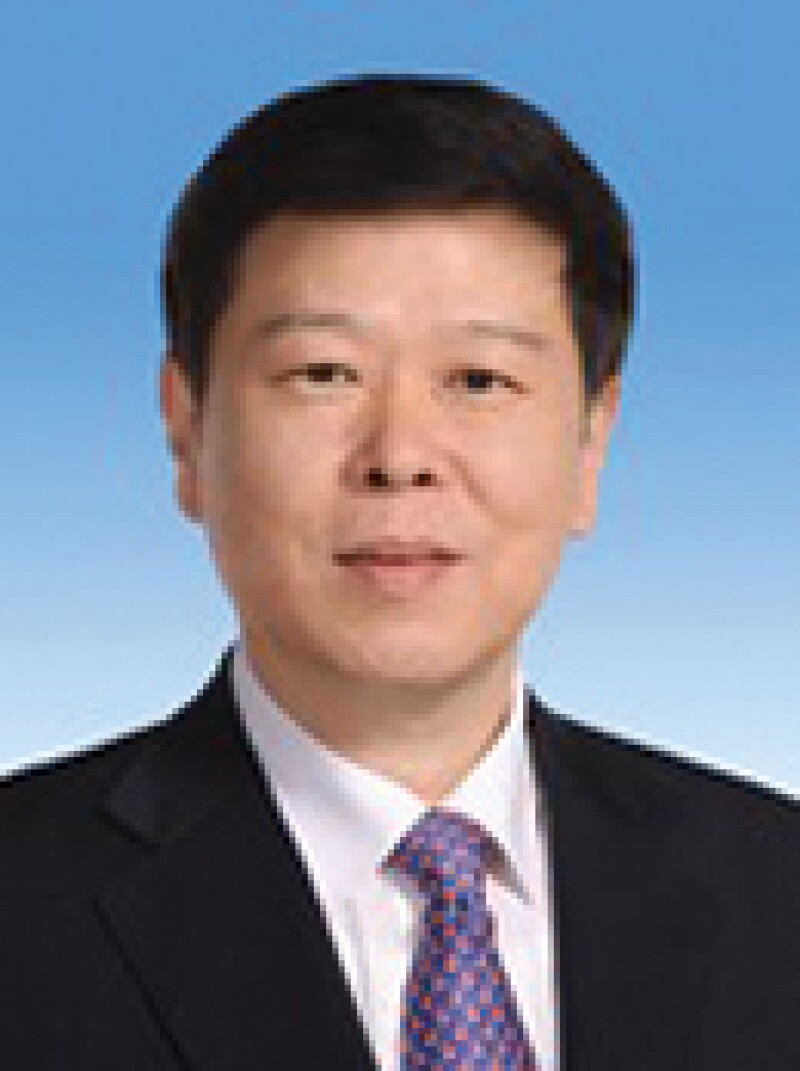
|
Wang Jun was also in the Global Tax 50 2014 |
Wang Jun, China's tax minister, makes the Global Tax 50 for the second year running, after another busy year for the world's most populous country.
Wang oversaw the collection of around $2 trillion and was a driving force in the upgrading and transformation of the Chinese economy, despite having to battle against economic turbulence.
The slowing down of the economy negatively impacted the mobilisation of tax revenue, making Wang's job more difficult, but – as one colleague at the State Administration of Taxation (SAT) commented – he "stood against unprecedented challenges, shouldered heavy responsibilities and navigated the largest tax administration ship in the world – 800,000 staff in total – through troubled waters to enforce laws for the collection of tax while cutting the burden on small enterprises and providing incentives to spur innovation and employment".
Wang pushed forward the 'Tax Modernisation Campaign' and brought technical standardisation to the taxpayer service across the country, as well as following through on President Xi Jinping's statements from the G20 Brisbane Summit calling for strengthened international tax cooperation and greater assistance to developing countries so they can enhance their tax administration capacities. As part of this, Wang made an offer to provide training for tax officials from developing countries to help them deal with new international tax rules post-BEPS.
To attract foreign investment, Wang simplified tax compliance procedures for investors and made tax treaty benefits more accessible. He reformed China's international tax administration by setting up an organisation with responsibility for tax administration on outbound investment, which outpaced inbound investment in 2014, rising 14.1% to $102.9 billion. He also set up a new division to lead China's mutual agreement procedure (MAP) which will facilitate the efficient resolution of international tax disputes.
Aside from collecting tax for the world's second largest economy at a time when it is slowing down, during 2015 Wang has overseen indirect tax changes in the shape of the business tax to VAT (B2V) reform, won ratification for the Multilateral Convention on Mutual Assistance in Tax Collection from Congress in July and began to transform BEPS deliverables into domestic regulations.
"I am honoured to serve my country as a commissioner at a time when the world is in a critical moment of recovery and China is in a critical period of transformation," Wang tells ITR.
He has high hopes for 2016, both domestically and at a global level, and says his sense of duty has not diminished as he enters the fourth year of his term.
"When I heard the New Year Bell ring, I knew it was duty calling me again. Lying ahead is a better China awaiting more contributions and a brighter world shining hope for the souls of the depressed," says Wang. "In the coming year, I will definitely spare no efforts to push forward China's Tax Modernisation Campaign while strengthening international tax cooperation to facilitate global economic recovery."
His influence globally is set to increase again in 2016 through China's hosting of the G20 Summit and the plenary meeting of the Forum on Tax Administration (FTA) in Beijing in May. International tax reform will dominate the agenda for both of those.
No matter how things play out under China's G20 and FTA leadership, the smart money is already on Wang featuring in the Global Tax 50 2016.
The Global Tax 50 2015 |
|
|---|---|
The top 10 • Ranked in order of influence |
|
3. Wang Jun |
|
7. Ian Read |
|
The remaining 40 • In alphabetic order |
|









